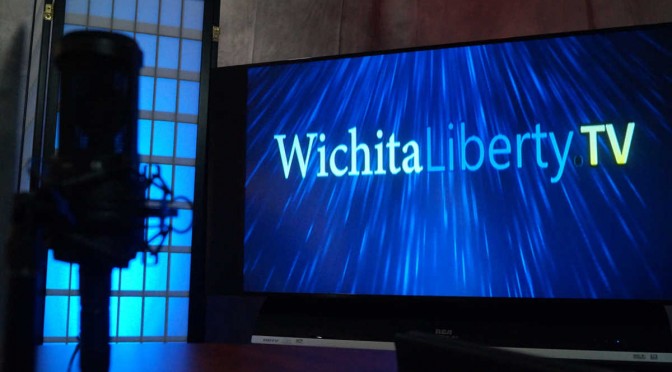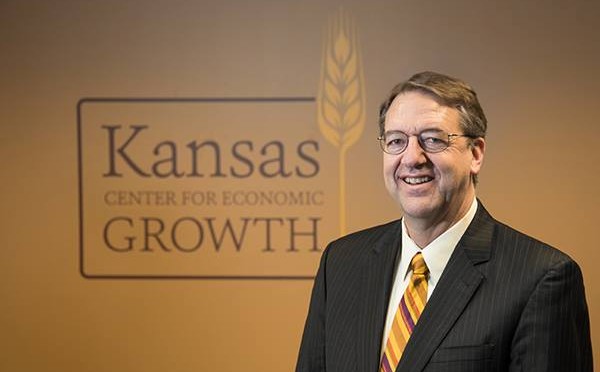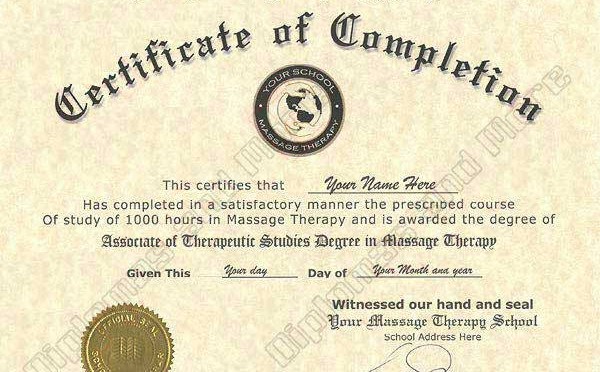Tag: Regulation
-

David Dennis, gleeful regulatory revisionist
David Dennis, candidate for Sedgwick County Commission, rewrites his history of service on the Kansas State Board of Education.
-

WichitaLiberty.TV: Confusion about corruption in Wichita, regulation in Wichita, and the lowly pencil
Citizen activists were concerned about unleashing a corrupting influence in Wichita City Hall, but they didn’t know it’s already there. Then, the regulatory landscape in Wichita. Finally, what can a pencil teach us about how the world works?
-

Regulation in Wichita, a ‘labyrinth of city processes’
Wichita offers special regulatory treatment for special circumstances, widening the gulf between the haves and have-nots.
-
HB 2615 is a Bi-Partisan Healthcare Solution that Governor Sam Brownback should Support
If Governor Brownback wants to chalk up another win for individual liberty, signing HB 2615 is the best way to do it, writes Andrew Brown of Foundation for Government Accountability.
-

Another bill Kansas Governor Sam Brownback should veto
Kansas Governor Sam Brownback has another opportunity to promote and protect individual liberty by blocking expansion of an ever-growing regulatory state.
-

WichitaLiberty.TV: John Chisholm on entrepreneurship
In this episode of WichitaLiberty.TV: Author John Chisholm talks about entrepreneurship, regulation, economics, and education. View below, or click here to view at YouTube. Episode 119, broadcast May 8, 2016. Shownotes John Chisholm’s new book Unleash Your Inner Company: Use Passion and Perseverance to Build Your Ideal Business at Amazon and its own website. John…
-

Under Goossen, Left’s favorite expert, Kansas was admonished by Securities and Exchange Commission
The State of Kansas was ordered to take remedial action to correct material omissions in the state’s financial statements prepared under the leadership of Duane Goossen.
-

What else can Wichita do for downtown companies?
With all Wichita has done, it may not be enough.
-

In Wichita, revealing discussion of property rights
Reaction to the veto of a bill in Kansas reveals the instincts of many government officials, which is to grab more power whenever possible.
-
Wichita City Council speaks on blight
Wichita City Council members speak in opposition to Kansas Governor Sam Brownback’s veto of Senate Bill 338, which would have given cities additional power to take property.
-

Wichita on verge of new regulatory regime
The Wichita City Council is likely to create a new regulatory regime for massage businesses in response to a problem that is already addressed by strict laws.
-

Governor Brownback, please veto this harmful bill
Kansas Governor Sam Brownback should veto a bill that is harmful to property rights, writes John Todd.